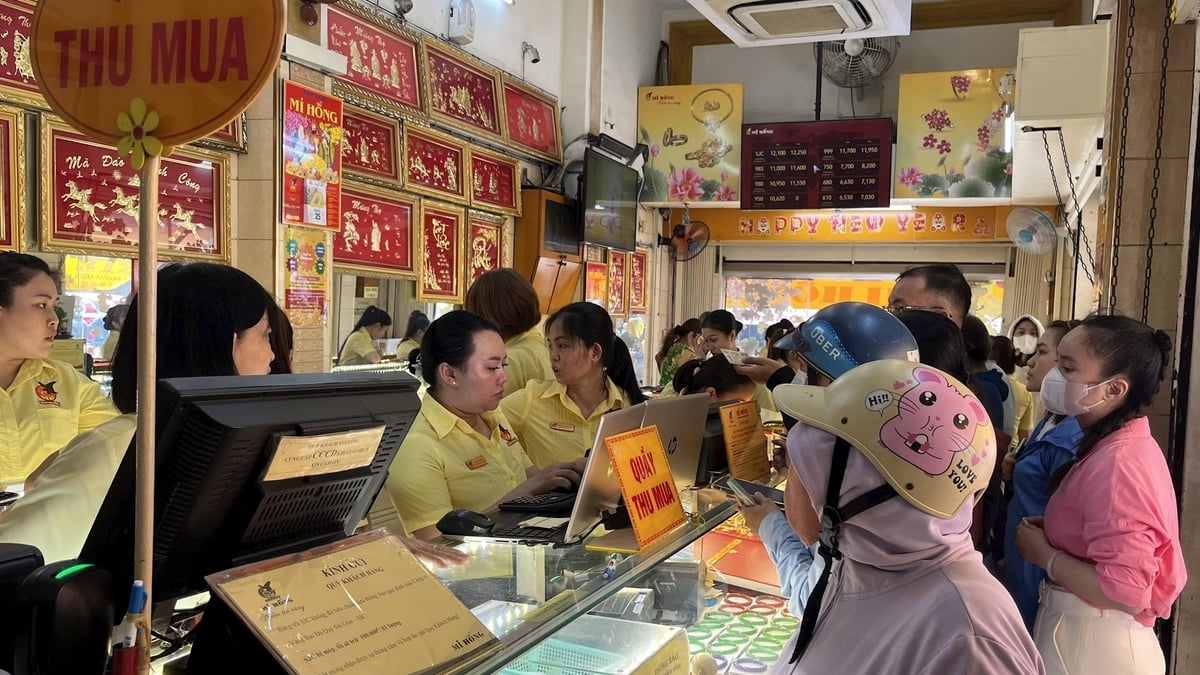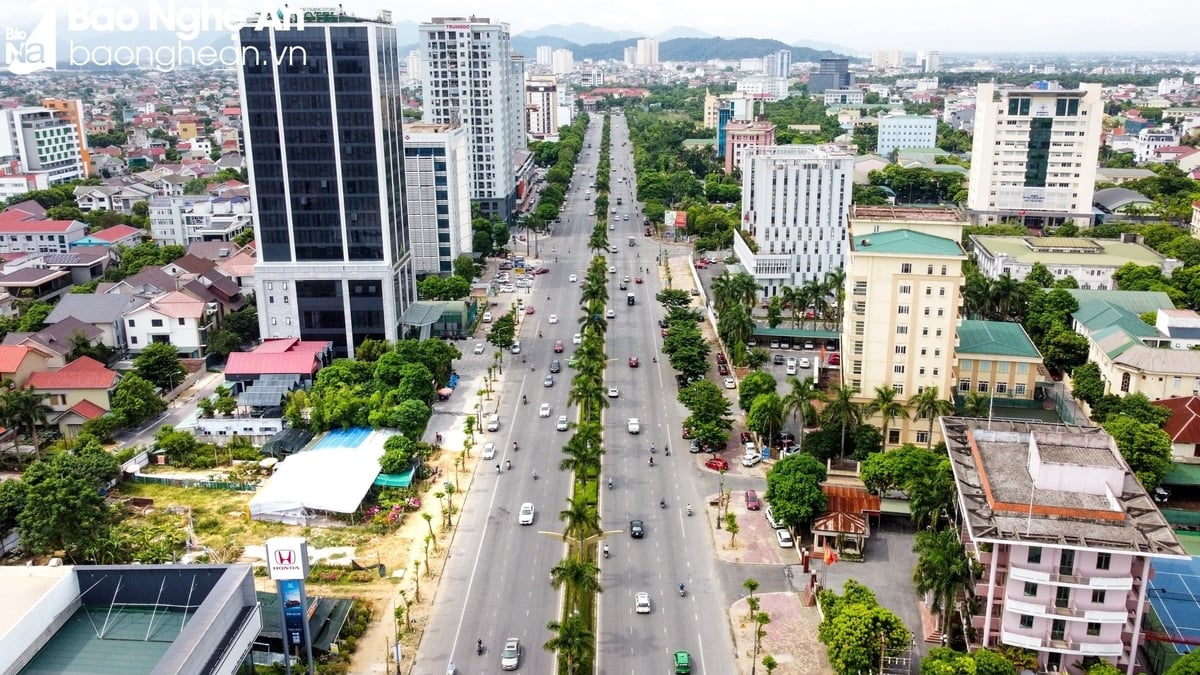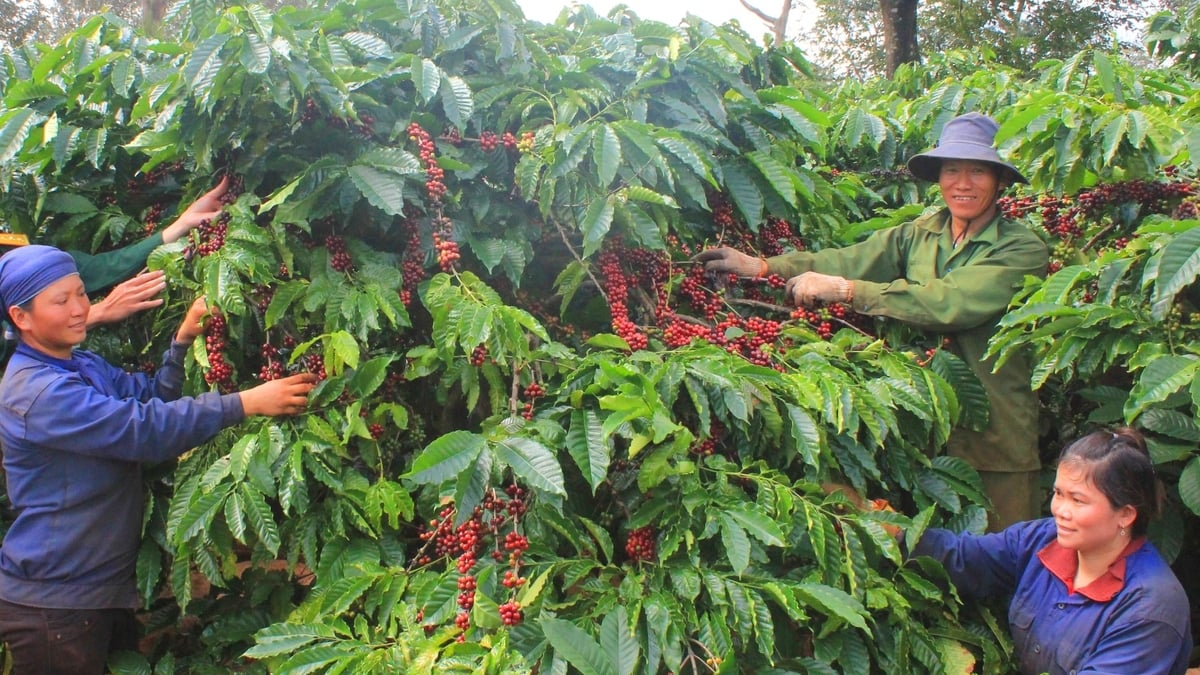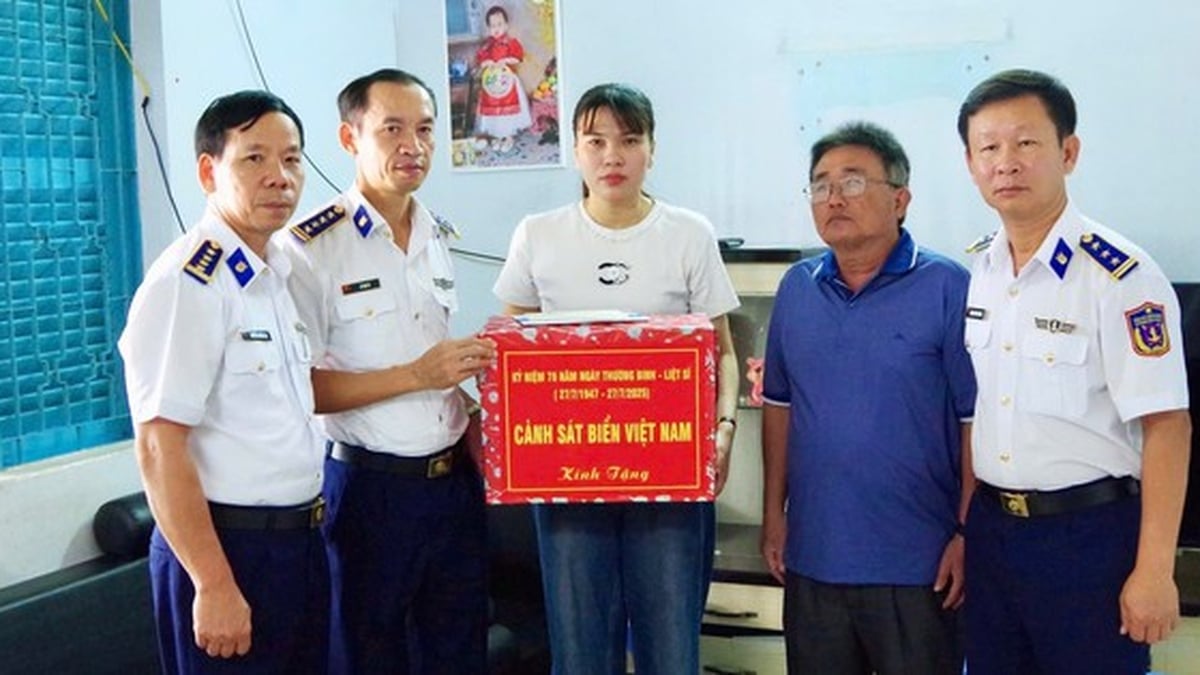According to the World Health Organization (WHO), in 2023-2024, the El Nino phenomenon may increase the transmission of dengue fever and other arboviruses, such as Zika, Chikungunya, and Japanese encephalitis. Climate change also promotes mosquito breeding and increases mosquito-borne infectious diseases.
Vietnam is a tropical country with a hot and humid climate and is located in an area with a high prevalence of mosquito-borne diseases. According to the forecast of the National Center for Hydro-Meteorological Forecasting, the El Nino phenomenon is highly likely to occur in the second half of 2023. Currently, the weather is entering the rainy season, creating favorable conditions for disease-carrying mosquitoes to thrive.
To proactively prevent and control epidemics, not allowing them to break out and spread, the Ministry of Health has issued Official Dispatch No. 4295/BYT-DP requesting the People's Committees of provinces and centrally-run cities to direct the implementation of a number of epidemic prevention and control contents in the area.
Accordingly, the Ministry of Health proposed that the People's Committees of provinces and cities assign the People's Committees at all levels to directly direct and more strongly implement mosquito larvae/larva eradication activities in the area in July 2023; maintain activities once a week in high-risk areas; twice a week in areas with high mosquito, mosquito larvae/larva indexes and once a month in the remaining areas.
At the same time, the Ministry of Health assigned specific responsibilities to authorities at all levels to direct and mobilize departments, branches, and socio -political organizations to coordinate with the health sector to implement a campaign to destroy mosquito larvae and ensure that all households in epidemic and at-risk areas must have their water tanks, containers, utensils, waste, and mosquito breeding sites inspected and monitored to have a form of mosquito larvae destruction.
The Ministry of Health also requested the People's Committees of provinces and cities to assign the health sector to closely monitor and thoroughly handle local outbreaks of infectious diseases; ensure that 100% of outbreaks are detected and handled promptly according to instructions. Localities review and organize vaccination against Japanese encephalitis for children of vaccination age in the form of regular vaccination to achieve a high rate, completeness, on schedule, safety and effectiveness.
At the same time, medical examination and treatment facilities must organize well the admission and treatment of patients, minimizing deaths, especially at private medical examination and treatment facilities; avoid the situation where patients do not receive timely consultation, emergency care, treatment and referral; have a plan to allocate treatment routes, support lower levels, avoid hospital overload; ensure enough medicine, equipment and medical supplies to serve medical examination and treatment.
In addition, the People's Committees of provinces and cities directed the Department of Information and Communications, mass media agencies to coordinate with the health sector to strengthen the implementation of propaganda on disease prevention and control, diversify communication activities so that people understand and proactively implement disease prevention and control measures (mosquito killing measures, using mosquito nets, and preventing mosquito bites); communicate about the signs of dengue fever and mosquito-borne diseases; instruct people not to self-treat at home when they get sick, but to go immediately to medical facilities for timely examination and treatment./.
Source



































































































Comment (0)